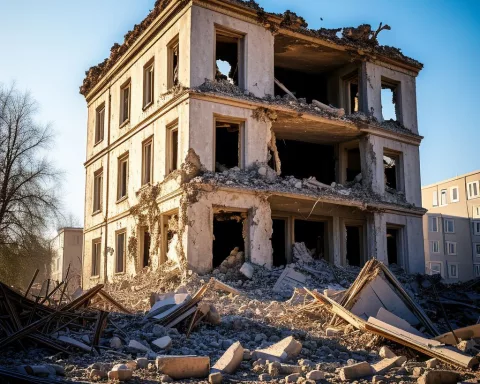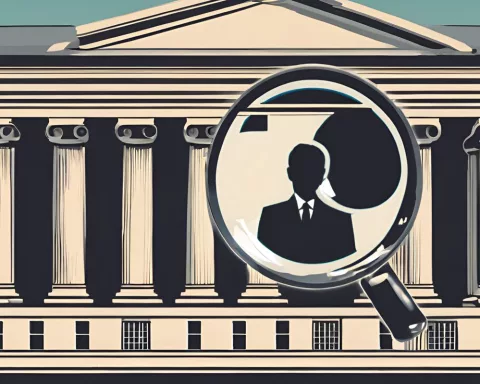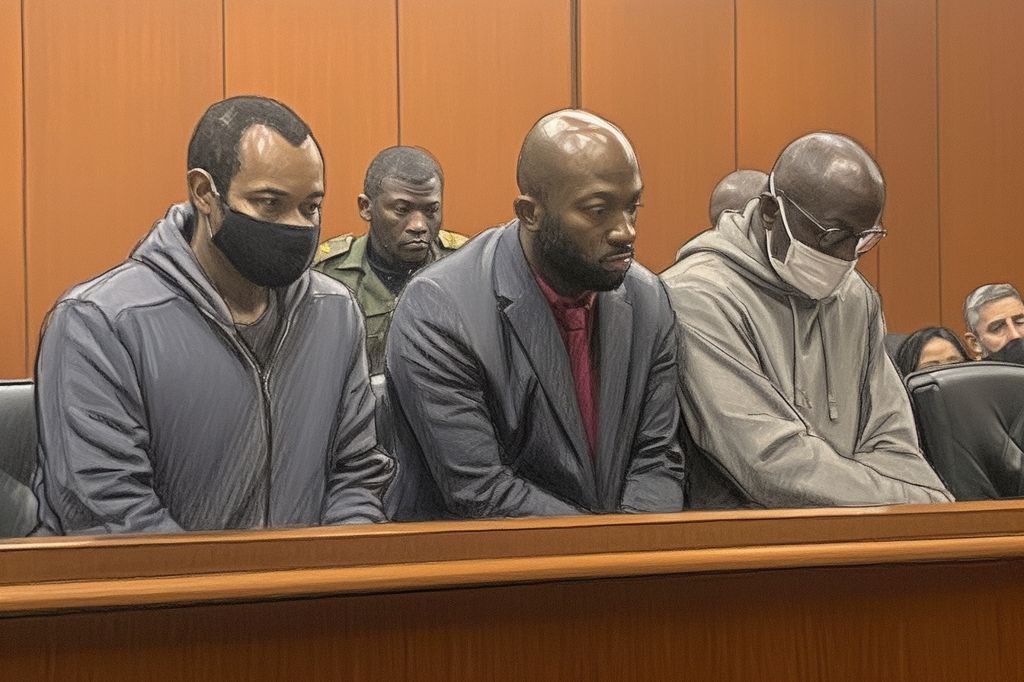The Passenger Rail Agency of South Africa (PRASA) has been embroiled in a series of legal battles since early 2021, with the rail agency relying heavily on the services of the law firm De Swardt Myambo Hlahla Attorneys. However, concerns have been raised over PRASA’s procurement practices, with the National Treasury warning that the agency may have violated procurement regulations by using De Swardt, which is not on its legal panel.
The NECSA Panel
PRASA has been advised by the Auditor-General to use the legal panel of the South African Nuclear Energy Corporation (NECSA) since early 2020. However, PRASA claimed that the NECSA panel was “compromised” because it was introduced before the current board was appointed and had been “under the control” of Martha Ngoye, a whistleblower and suspended head of legal at PRASA. PRASA also stated that it did not have sufficient time to verify firms on the NECSA panel.
Request for Deviation
In February 2021, PRASA requested a deviation from normal procurement procedures to allow De Swardt to litigate on behalf of its board in cases against Ngoye, Tiro Holele, and Nkosinathi Khena. However, the National Treasury responded by stating that it was “not verifiable” for PRASA to claim that NECSA’s panel was compromised by Ngoye. The Treasury also stated that any award made to De Swardt must be listed on the e-tender portal, but no such award has been listed.
Continued Use of De Swardt
Despite the National Treasury’s response, De Swardt has continued to provide services to PRASA’s board, not just in the Ngoye, Khena, and Holele matter, but in a growing number of labour-related cases. PRASA’s board, led by Leonard Ramatlakane, issued a resolution authorising De Swardt to represent the rail agency in its challenge to the arbitration award issued to Martha Ngoye in February 2023.
Auditor-General’s Investigation
In October 2022, the Auditor-General began examining R33-million in irregular expenditure by PRASA for the use of law firms not on the agency’s legal panel, including the R17-million paid to De Swardt. PRASA spokesperson Andiswa Makanda declined to comment on the allegations. Five months later, there has been no response from PRASA to questions about De Swardt or the outcome of any investigation into its use.
Conclusion
PRASA’s use of De Swardt has raised concerns over transparency and accountability. The agency’s failure to comply with procurement regulations and use of firms not on its legal panel has resulted in irregular expenditure. The National Treasury’s warning to PRASA highlights the need for greater oversight and adherence to procurement regulations. The investigation by the Auditor-General underscores the importance of transparency and accountability in the use of public funds.












